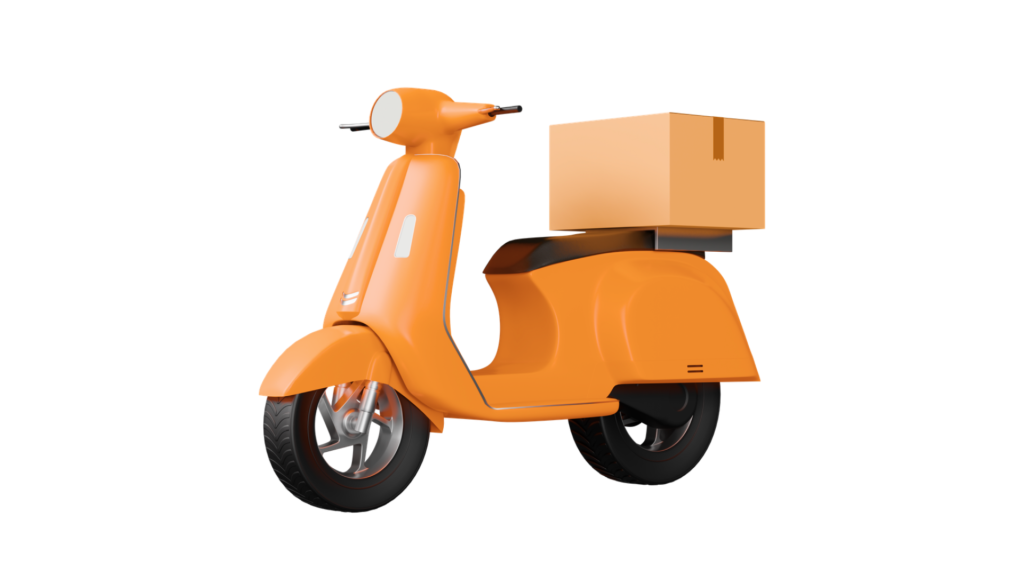Ever wondered how that cat video loads so quickly, even when you’re on your grandma’s Wi-Fi? Meet the unsung heroes of the internet: Content Delivery Networks (CDNs). These bad boys are a global network of servers working together to bring you web content at lightning speed, no matter where you are. Think of CDNs as the pizza delivery guys of the internet, except they never get your order wrong and they don’t expect a tip.

Why CDNs are Totally Awesome:
Speed: By caching content closer to where you are, CDNs slash load times like a hot knife through butter.
Reliability: They’re like the best backup singers, ensuring your site stays up and running by spreading content across multiple servers.
Scalability: Whether it’s Black Friday or the latest celebrity gossip, CDNs can handle massive traffic without breaking a sweat.
Security: They act as bodyguards, protecting against DDoS attacks and adding extra layers of security.
But Wait, CDNs Have a Dark Side
Despite their many perks, CDNs can sometimes be as risky as a Tinder date with no profile picture. Here’s why:
Widespread Use and Centralization:
Issue: CDNs are like the Starbucks of the internet—everybody uses them.
Risk: If a hacker sneaks some nasty code into a CDN, it can spread faster than gossip at a high school reunion, impacting millions of websites.
Third-Party Dependencies:
Issue: Sites often use third-party scripts and libraries from CDNs.
Risk: If these third-party goodies get compromised, it’s like letting a Trojan horse into your website. It’s not good if you’re not regularly checking under the hood.
Vulnerabilities in CDN Infrastructure:
Issue: The very bones of a CDN can have weak spots.
Risk: Hackers can exploit these flaws to inject malware or disrupt services. It’s like termites in a wooden house—hidden but potentially devastating.
Keeping Your CDN Game Tight
So, how do you keep your site safe while still enjoying the perks of a CDN? Here’s the lowdown:
Regular Security Audits and Monitoring:
Regular security audits and monitoring are essential. Keep an eagle eye on your CDN provider and the third-party libraries you use. Use monitoring tools to catch any funny business in the content being served.
Subresource Integrity (SRI):
Make sure the files you load from a CDN haven’t been tampered with by using Subresource Integrity (SRI). It’s like a fingerprint check for your resources.
html <link rel="stylesheet" href="https://example-cdn.com/style.css" integrity="sha384-oqVuAfXRKap7fdgcCY5uykM6+R9GqQ8K/ux3h4tPjzYI2BqNphGiizFx0ksO/1c" crossorigin="anonymous">Content Security Policy (CSP):
Lock down which sources can load content on your site. This is your firewall against rogue scripts.
html <meta http-equiv="Content-Security-Policy" content="default-src 'self'; script-src 'self' https://example-cdn.com">Choosing Reputable CDN Providers:
Go with CDN providers who have a rock-solid security reputation. Make sure they’re on top of their security game.
Backup and Redundancy:
Always have a Plan B. Maintain backups and have alternative CDNs or self-hosted solutions ready to roll in case things go south.
Ensuring Safe and Fast Content Delivery
By staying savvy about the risks and implementing these security measures, you can keep your CDN-delivered content safe and sound. So, next time you’re watching that cat video, you can relax knowing your website’s security is purr-fectly handled.



